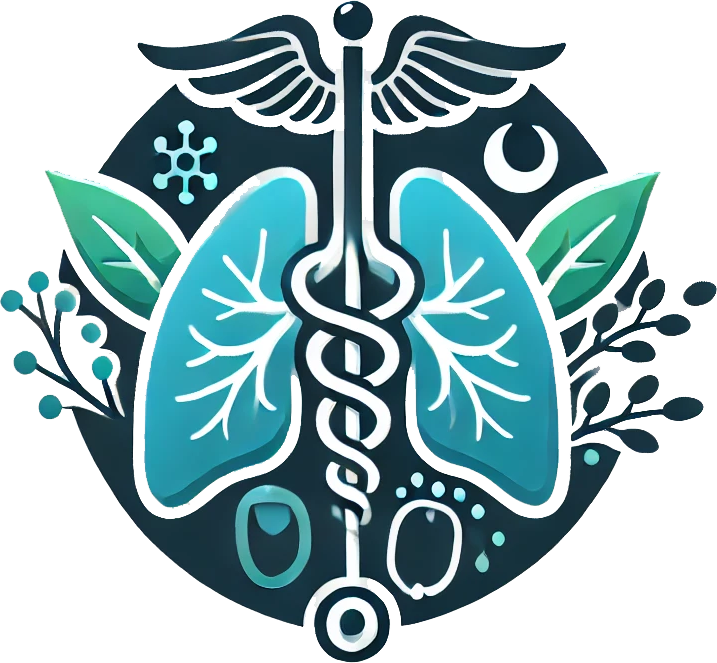Pneumology
Definition
Pulmonology helps to understand and treat conditions and diseases related to the respiratory system and functions. The most common disorders are:
In pneumonia
Pulmonary emphysema
Asthma
Interstitial lung disease
A pulmonologist is a trained specialist who diagnoses respiratory conditions and treats them effectively using various tools and physical tests, which are more specific depending on the situation.
Common pathologies
Asthma
Asthma is a chronic disease of the respiratory tract that causes difficulty breathing.
It is a heterogeneous disease characterized by chronic inflammation, respiratory symptoms such as wheezing, dyspnea, chest tightness, cough, varying in time and intensity and associated with variable limitation of expiratory airflow.
Exercise-induced asthma
Exercise-induced bronchoconstriction (EIB) is a condition in which physical exertion of varying intensity, depending on the subject, triggers bronchoconstriction in patients with bronchial hyperresponsiveness. Bronchial spasm occurs within minutes after cessation of exertion.
The intensity of BIE is correlated with bronchial hyperreactivity and inflammation.
While most diagnosed asthmatics (90% with severe or poorly controlled asthma) have EIB, not all EIBs are synonymous with asthma. Thus, 2 entities are described, EIB with asthma and EIB without asthma.
Pulmonary function testing (PFT) is the test that provides the best diagnostic approach to asthma. It is essential in monitoring the disease, given the variability of asthma, allowing its development and severity to be assessed.
Extrinsic asthma
which has an allergic component, is largely dominant on the etiological level. This frequency requires, to control the asthmatic disease, an allergen assessment.
Chronic Cough
An acute cough lasts less than 3 weeks and is most often due to an infectious episode of the respiratory tract or an exacerbation of an underlying pulmonary disease.
When the cough lasts between 3 and 8 weeks, it is called subacute.
Chronic cough is defined by the persistence of the symptom beyond 8 weeks in adults (and 4 weeks in children).
The most common causes of a chronic cough are:
Bronchial asthma
Gastroesophageal reflux and posterior nasal discharge
The iatrogenic effect of drugs such as taking ACE inhibitors
Smoking
Viral infections can trigger asthma exacerbations in asthmatic children, but they are also the main cause of cough in non-asthmatic children, by creating abrasion lesions of the bronchial epithelium and often eosinophilic inflammation of the bronchial mucosa.
Management of a chronic cough must take into account its etiological mechanism.


